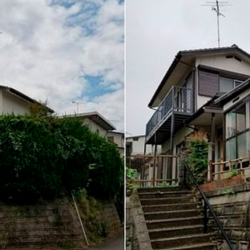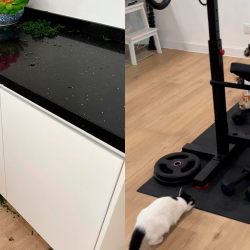FACTBOX-UK must act now to stop exponential spread of COVID-19, say top scientists
LONDON, Sept 21 (Reuters) - Britain faces six months of COVID-19 restrictions and needs to take action to avoid exponential growth in cases and deaths, top medical adviser Chris Whitty and top science adviser Patrick Vallance said on Monday at a briefing.
Below are highlights of what they said about the state of the epidemic in England, and the actions that would be needed to avoid exponential growth.
SIGNS OF EXPONENTIAL GROWTH
Patrick Vallance, the UK government's Chief Scientific Adviser, said that increasing cases would translate to increasing hospitalisation and death rates, adding cases were rising in all age groups.
He said that current estimates showed the epidemic was doubling every seven days. If that contiuned, then four doublings would lead to approximately 49,000 new cases on Oct. 13, Vallance said.
That would lead to 200+ deaths a day by the middle of November.
Vallance said speed and action was required to avoid such exponential growth.
HOW LONG?
England's Chief Medical Officer Chris Whitty said that Britain faced a six-month problem with COVID-19.
"We should see this as a six-month problem that we have to deal with collectively. It's not indefinite and ... science will in due course ride to our rescue. But in this period of the next six months, I think we have to realise that we have to take this collectively very seriously," he said.
SEASONAL VARIATION
Whitty said that the seasons were against us, as autumn and winter were likely to benefit COVID-19 like they do other respiratory illnesses.
Whitty said there was no evidence that it was a milder virus than it was in April, adding lower hospitalisation rates at the moment were because it was spreading among the less at-risk younger age groups.
He said as the disease moves up the age groups, the mortality rate would move to significant rates, although drugs such as dexamethsone would reduce the mortality rates a little.
COMMUNITY IMMUNITY?
Vallance said that fewer than 8% of people had developed antibodies to the virus, possibly a little higher in London, with as many as 17%.
He said that even if other forms of immunity meant the levels of immunity were higher still, the vast majority were susceptible to the disease.
FOUR STEPS TO GET ON TOP OF COVID-19
Whitty highlighted four things that would help beat COVID-19.
1. Reduce individual risk: Washing hands, wearing masks in enclosed spaces and maintaining distance from others.
2. Isolate the virus: symptomatic people self-isolate and provide contacts to test and trace.
3. Break unneccessary links between households: at work and in social environments.
4. The science: investing in diagnostics and vaccines to defeat the virus. (Reporting by Alistair Smout, editing by Estelle Shirbon)






